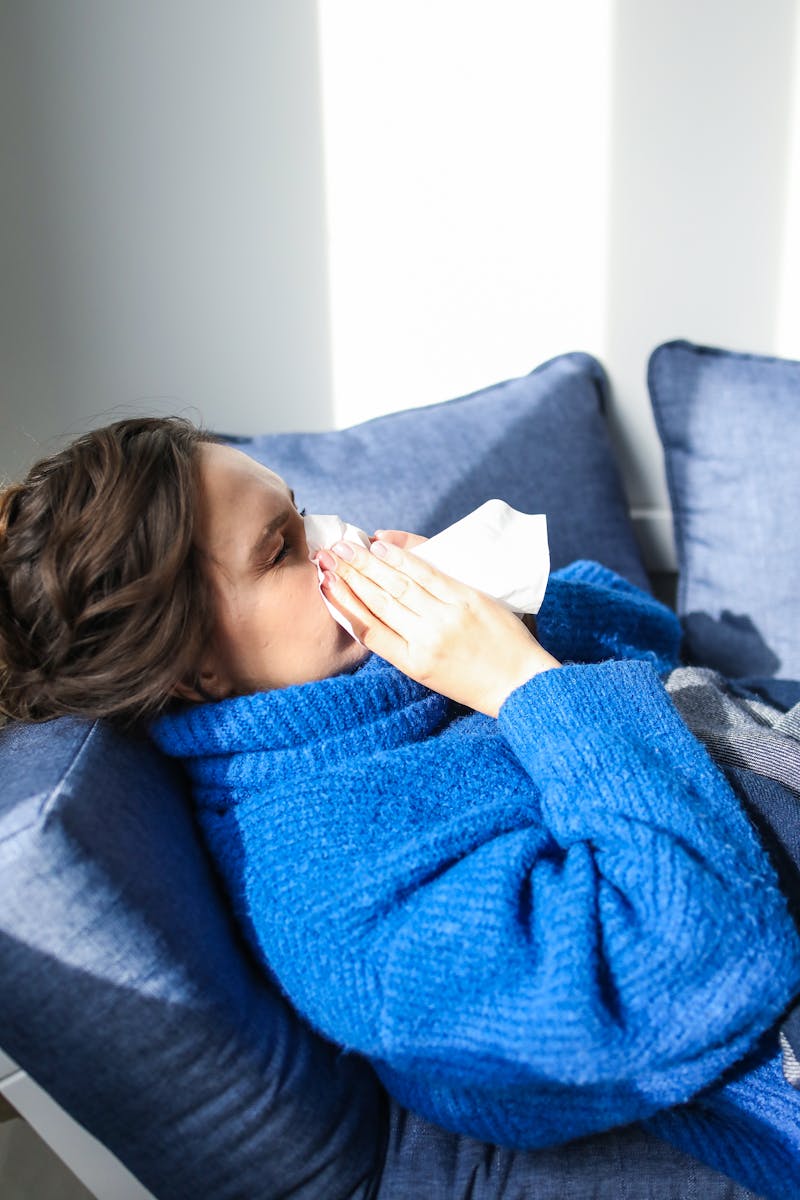Allergy Tips Near Traveling Through Virginia with Allergies: What You Need to Know
Essential Allergy Tips for Traveling Through Virginia with Allergies: What You Need to Know for a Safe and Enjoyable Trip in Virginia While Managing Allergies Effectively
Allergy Tips for a Comfortable Life in Virginia
Living with allergies can be a challenge, especially in an environment as dynamic as Virginia. With its diverse flora and changing seasons, allergy sufferers often find themselves navigating a landscape filled with potential allergens. To help you manage your allergies effectively, we’ve compiled essential Allergy Tips that will make your daily life more comfortable and enjoyable.
Understanding Allergens in Virginia
Virginia is home to a variety of plants, trees, and pollen that can trigger allergic reactions. Common allergens include:
- Pollen from trees such as oak and pine
- Grass pollen, especially in late spring
- Weed pollen, prevalent during the fall months
- Mold spores, particularly in humid environments
- Dust mites and pet dander, found in many households
Being aware of these allergens is the first step in managing your allergy symptoms effectively.
Traveling Through Virginia with Allergies: What You Need to Know
If you are planning to explore the beautiful landscapes of Virginia, it’s crucial to prepare for the various allergens you may encounter. Traveling Through Virginia with Allergies: What You Need to Know involves understanding the local flora and seasonal changes that could impact your allergic reactions. Here are some tips to ensure a smooth travel experience:
- Check pollen forecasts before your trip to plan accordingly.
- Pack necessary medications, including antihistamines and nasal sprays.
- Consider wearing a mask during high pollen seasons, especially during outdoor activities.
- Stay informed about local allergens specific to the areas you’ll visit.
Seasonal Allergies: Timing is Everything
Different times of the year bring different allergens to the forefront. It’s essential to be proactive with your allergy management. For example:
- Spring: Tree pollen is prevalent; keep windows closed during peak times.
- Summer: Grass pollen is at its highest; avoid cutting grass.
- Fall: Weed pollen, especially ragweed, can be a significant issue.
- Winter: Indoor allergens like dust mites may become a concern.
Practical Allergy Management Techniques
In addition to understanding allergens, employing effective management techniques is vital. Here are some actionable Allergy Tips to consider:
- Regularly clean your living space to minimize dust and dander.
- Use high-efficiency particulate air (HEPA) filters in your home.
- Shower and change clothes after being outdoors to reduce pollen exposure.
- Maintain a healthy diet to support your immune system.
Staying Informed and Prepared
Local resources can provide valuable information on allergens and how to manage them. Whether you’re traveling through Virginia or living in the area, tapping into local knowledge can make a significant difference in your allergy management. Traveling Through Virginia with Allergies: What You Need to Know includes consulting local allergy specialists or wellness centers to stay informed about the current allergy landscape.
Conclusion
Managing allergies doesn’t have to be a daunting task. By being informed and prepared, you can enjoy all that Virginia has to offer without letting allergies hold you back. Implement these Allergy Tips into your daily routine and make the most of your experiences, whether you’re exploring the scenic Blue Ridge Mountains or enjoying a day at one of Virginia’s beautiful parks. Embrace the beauty of Virginia while effectively managing your allergies!
Keywords: allergy tips, traveling with allergies, Virginia travel tips, allergy management, outdoor allergies, seasonal allergies, Virginia wellness, allergy-friendly travel, Virginia destinations, allergy resources, managing allergies, local allergy advice, Virginia outdoor activities, allergy prevention tips, allergy safety
news via inbox
Stay Connected
Specializing in:








